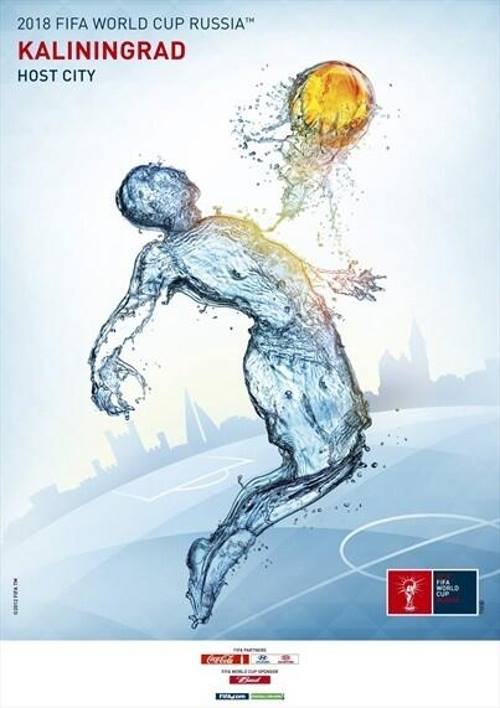Russia’s well-documented rouble trouble and recession is having a major impact on the country’s football clubs who have already signed a memorandum to curb the salaries of the many lavishly remunerated foreign stars of the Russian Premier League.
So far, the response to the desperate initiative has been mostly negative, and many top players have been linked with moves to clubs abroad. Fears of a westward exodus were allayed though as the Western European transfer window passed with Roma’s acquisition of CSKA Moscow’s Ivorian forward Seydou Doumbia for 14.4 million Euros an isolated big name departure from Russia’s top flight.
While bigger clubs are looking to cash in on their expensive playing staff, smaller clubs such as Kuban Krasnodar and Rostov, are reportedly facing more damaging consequences. Further down the ladder, Russian First Division club Rotor Volgograd, who once knocked Manchester United out of Europe in the mid-1990s, is facing bankruptcy.
And the increasingly dire economic situation goes beyond threatening the finances of Russian clubs. As the Moscow Times has reported, Russia has now reached a deal with FIFA to lower the budget of hosting the World Cup in 2018.
While stadium projects at Kaliningrad and Yekaterinburg will be reduced from 45,000 to 35,000 seats, critics have questioned whether cutting the number of host cities from an overly inclusive 12 to a more manageable 10 would be a more prudent step. However, the official line is that the reductions in capacities are to prevent White Elephants rather than as part of any outbreak of austerity in the tournament’s organisation.
More than half of the projected $9.6 billion budget of the tournament will come from the federal budget, and Russia is now planning to cut this by 10 per cent.
The country hopes to save money by reducing infrastructural investment, which carries clear dangers with this area in particular need of a revamp to meet the pristine standards expected by FIFA.
Transportation especially presents a significant organisational headache as at present very few high-speed connections exist between major cities. After vast sums were ploughed into last year’s Sochi Olympics, Russia’s financial predicament makes it all the more likely that the next World Cup, just like the previous two in South Africa and Brazil, will be preceded by the now customary scare stories of hotels unfinished, roads not built and stadium renovations toiling to meet deadlines.
By Manuel Veth –




















COMMENTS